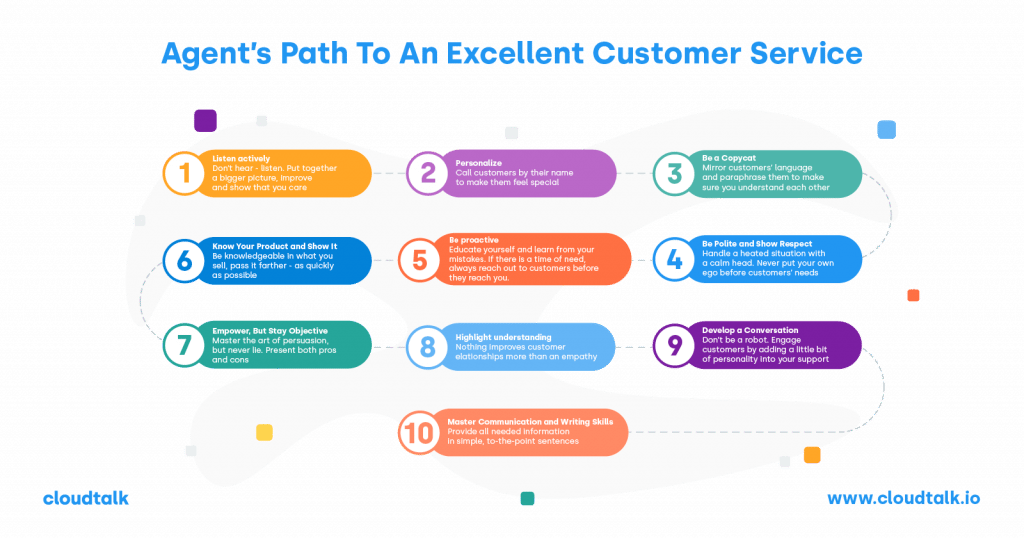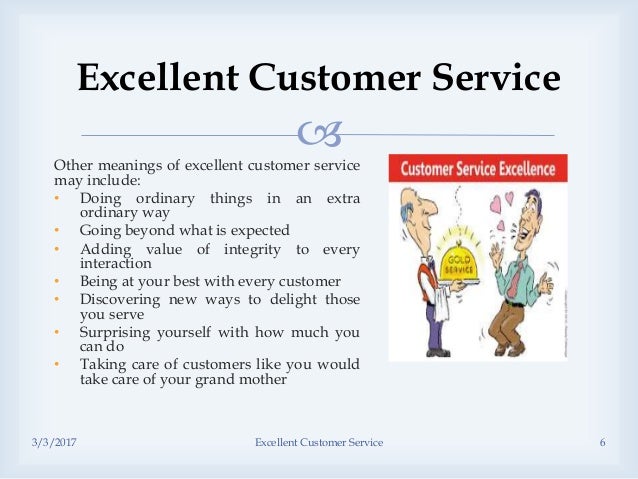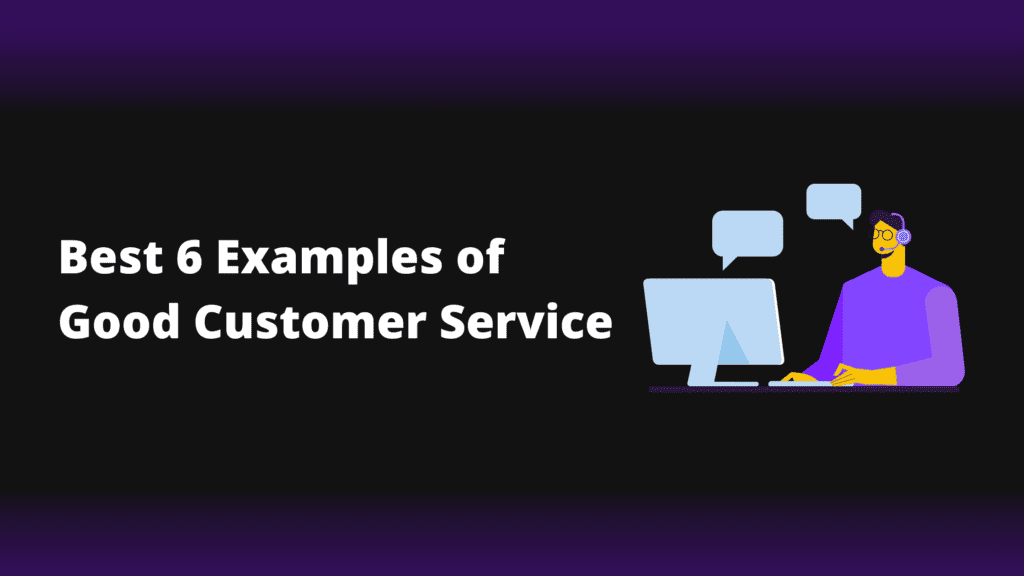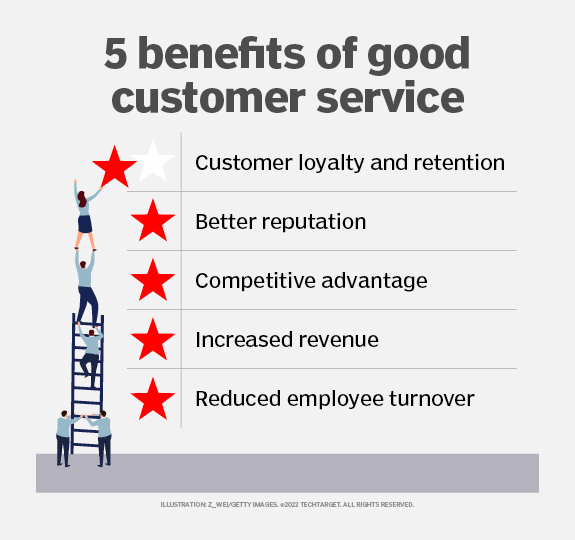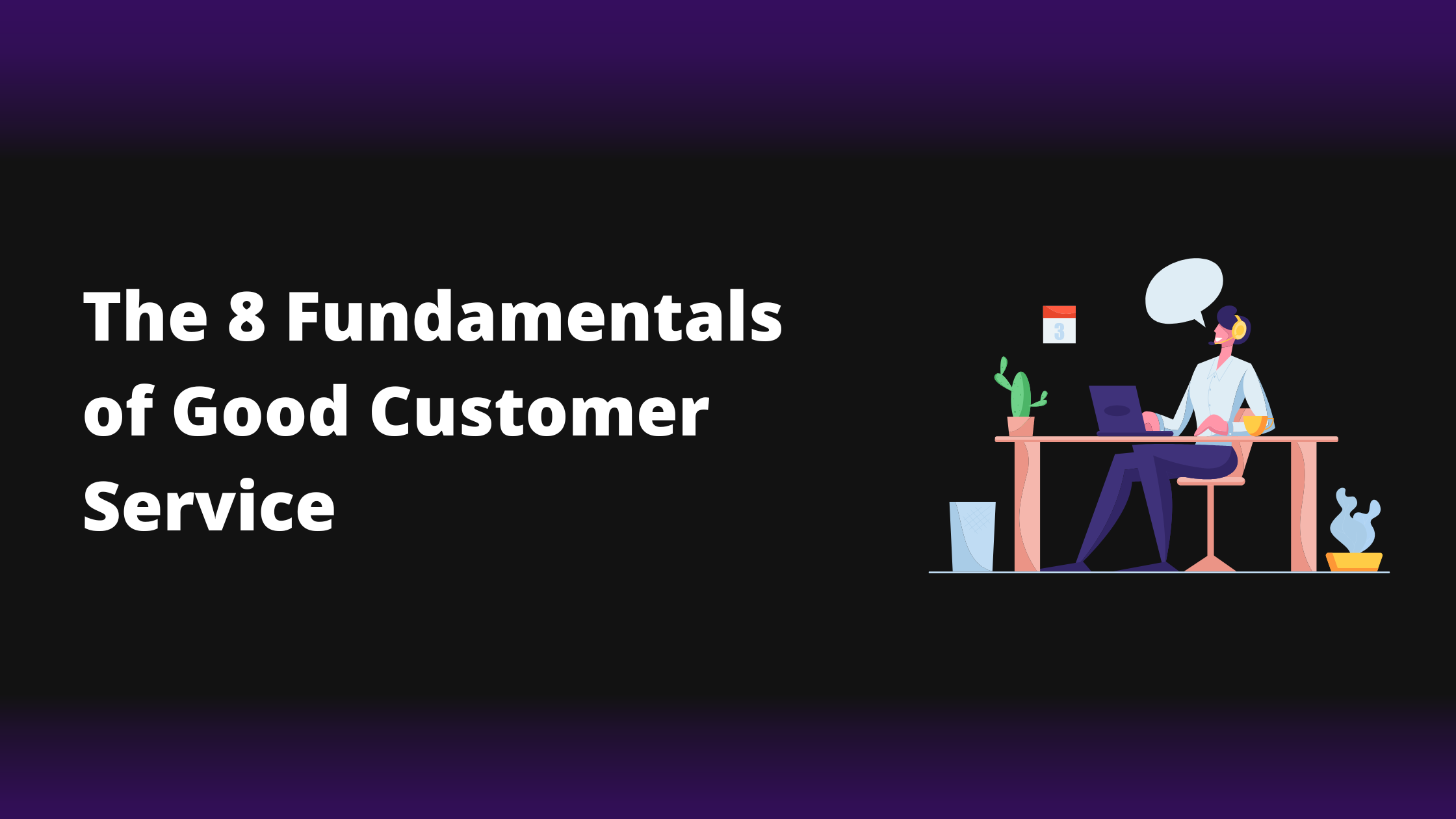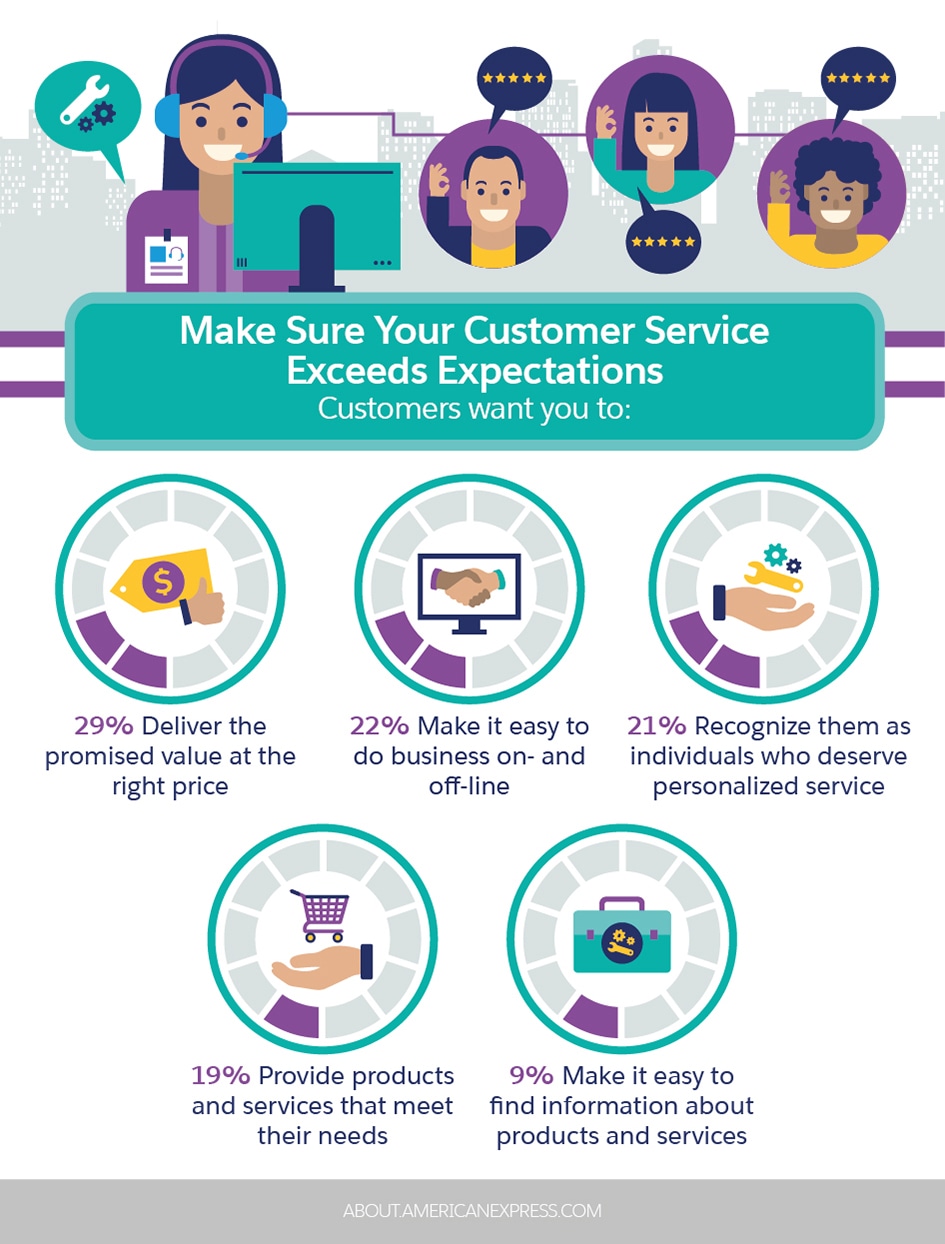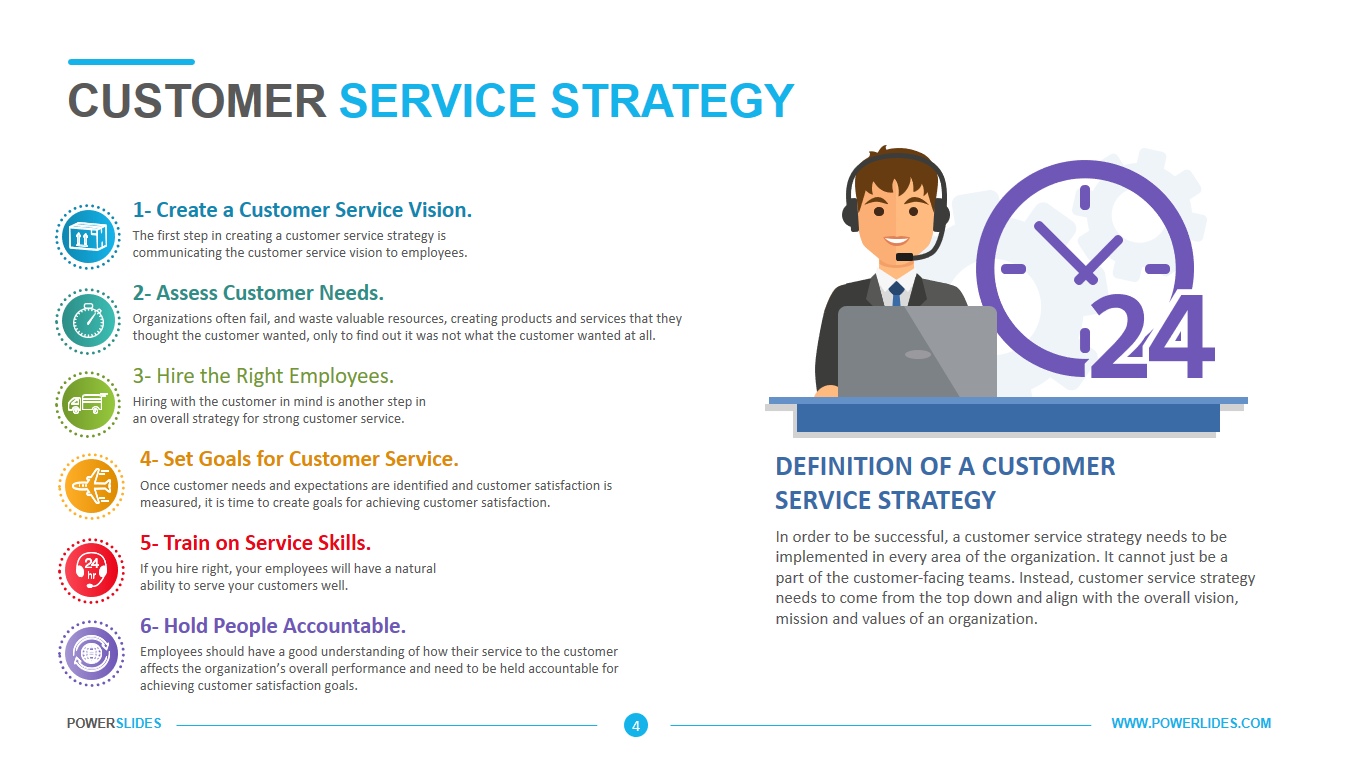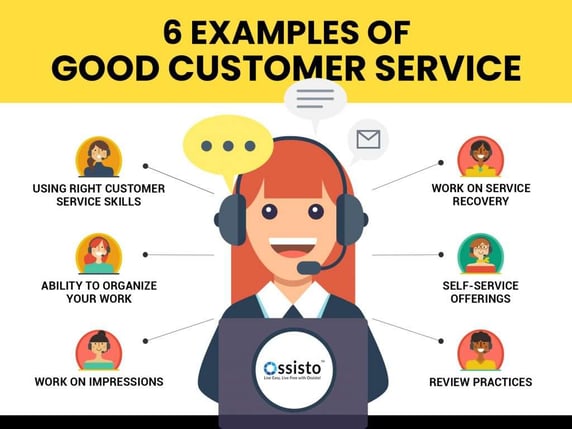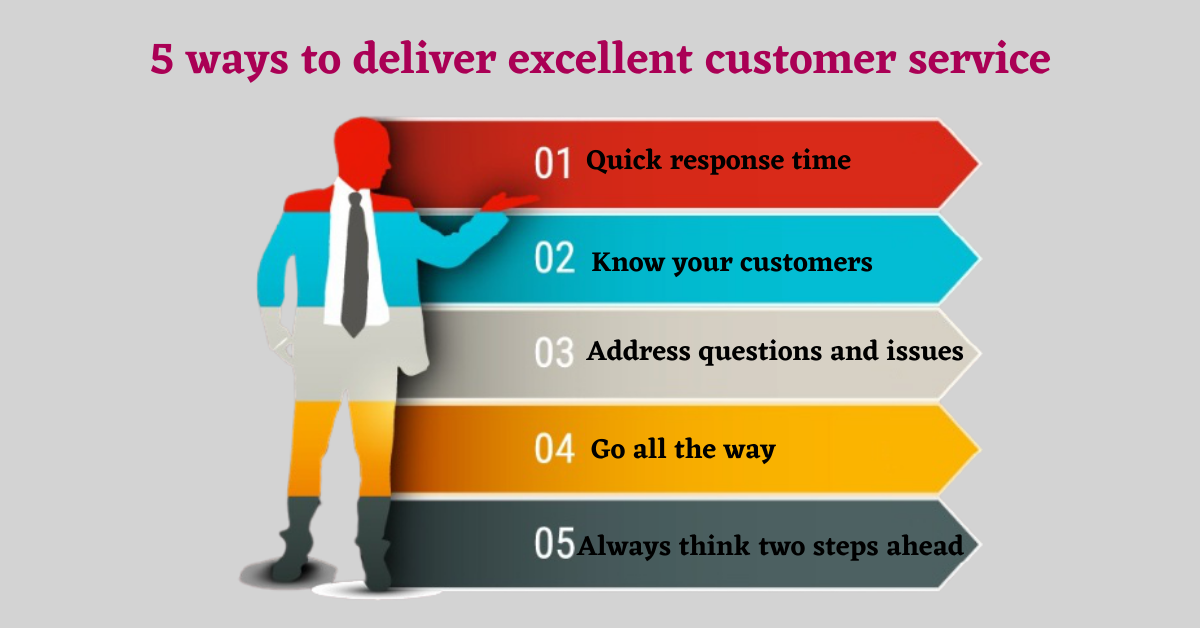How To Ensure Good Customer Service
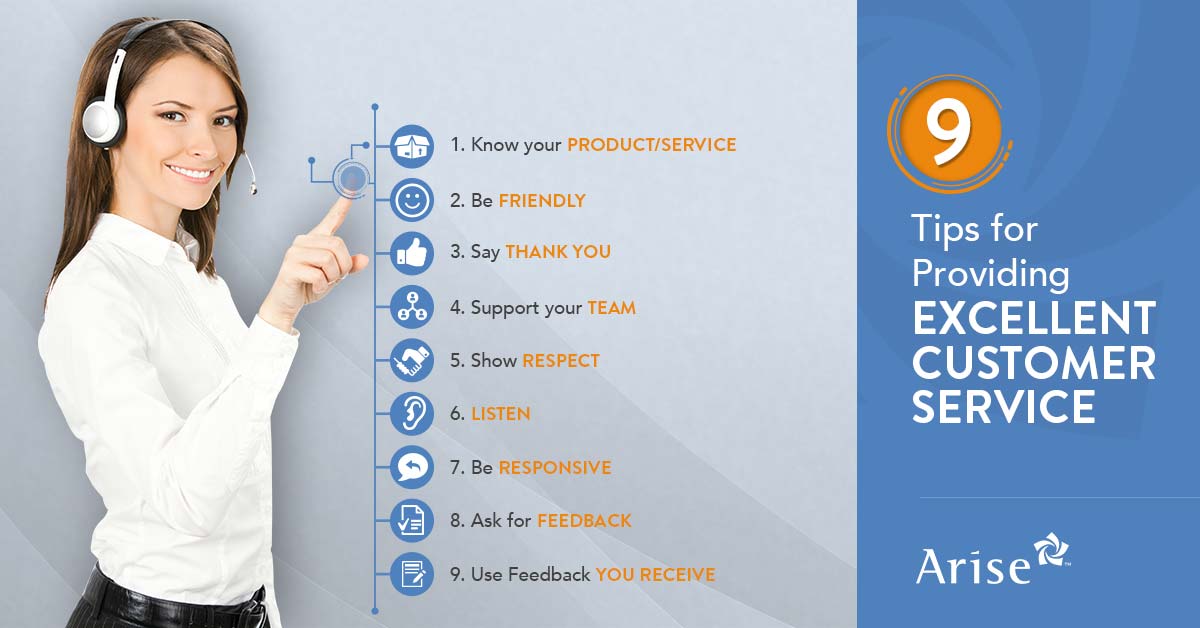
Customer service failures are costing businesses billions. Companies must act now to revamp their strategies or face significant financial and reputational damage.
This article provides actionable strategies to ensure good customer service, focusing on immediate implementation and measurable results. It's time to stop losing customers and start building loyalty.
Prioritize Employee Training
Invest heavily in comprehensive employee training. Equip your team with the knowledge and skills to handle diverse customer needs effectively.
According to a recent study by Forrester, companies with well-trained employees see a 15% increase in customer satisfaction. Make training continuous and relevant.
Implement Omnichannel Support
Provide seamless customer service across all channels: phone, email, chat, and social media. Customers expect consistent experiences regardless of their chosen method.
Gartner reports that businesses offering omnichannel service achieve 89% customer retention, compared to 33% for those with weak omnichannel strategies. Ensure your systems are integrated and responsive.
Actively Seek Customer Feedback
Regularly solicit and analyze customer feedback to identify areas for improvement. Use surveys, reviews, and social listening tools to gather valuable insights.
Qualtrics found that 80% of companies believe they deliver “superior” customer service, but only 8% of customers agree. Bridge the gap by listening to your customers and acting on their concerns.
Empower Your Employees
Give employees the autonomy to make decisions and resolve issues independently. Reduce bureaucracy and empower them to provide personalized solutions.
A Harvard Business Review study showed that empowered employees are 30% more likely to provide exceptional customer service. Trust your team and provide them with the resources they need.
Personalize the Customer Experience
Tailor interactions to individual customer preferences and needs. Use data to personalize communication and offer relevant solutions.
Personalization can increase customer satisfaction by 20% according to McKinsey. Leverage CRM systems and data analytics to understand your customers better.
Measure and Analyze Performance
Track key performance indicators (KPIs) such as customer satisfaction (CSAT), Net Promoter Score (NPS), and resolution time. Use data to identify trends and areas for optimization.
Deloitte recommends regularly reviewing KPIs to assess the effectiveness of customer service initiatives. Adjust strategies based on data-driven insights.
Foster a Customer-Centric Culture
Create a company culture that prioritizes the customer. Make customer service a core value and reward employees who go above and beyond.
Customer-centric cultures are 60% more profitable than companies that don’t prioritize the customer, according to Watermark Consulting. Embed customer focus into every aspect of your organization.
Address Negative Feedback Immediately
Respond quickly and professionally to negative reviews and complaints. Show customers that you value their feedback and are committed to resolving their issues.
Ignoring negative feedback can damage your reputation and lead to customer churn. According to a Dimensional Research study, 88% of customers are less likely to buy from a company after reading negative online reviews if the company doesn’t respond.
Automate Where Possible, Humanize Where Necessary
Leverage automation to handle routine tasks and inquiries efficiently. Use chatbots and AI to provide quick answers and free up human agents for more complex issues.
However, never sacrifice human connection. Ensure customers can easily connect with a live agent when needed.
Immediate action is required. Implement these strategies now to improve customer service and safeguard your business's future. Monitor results and adapt continuously.




